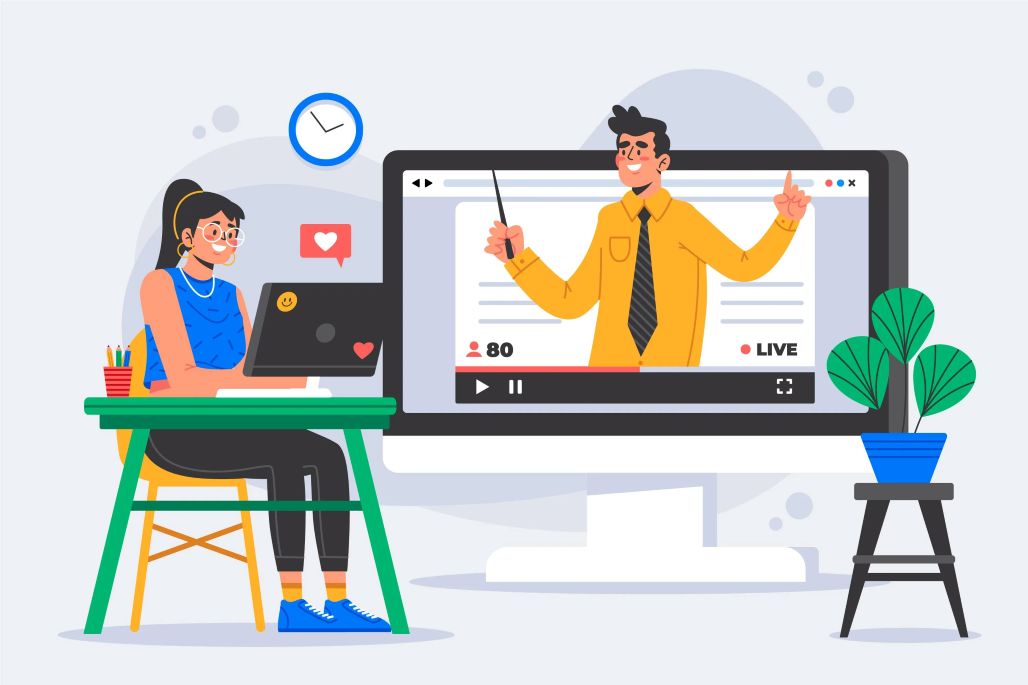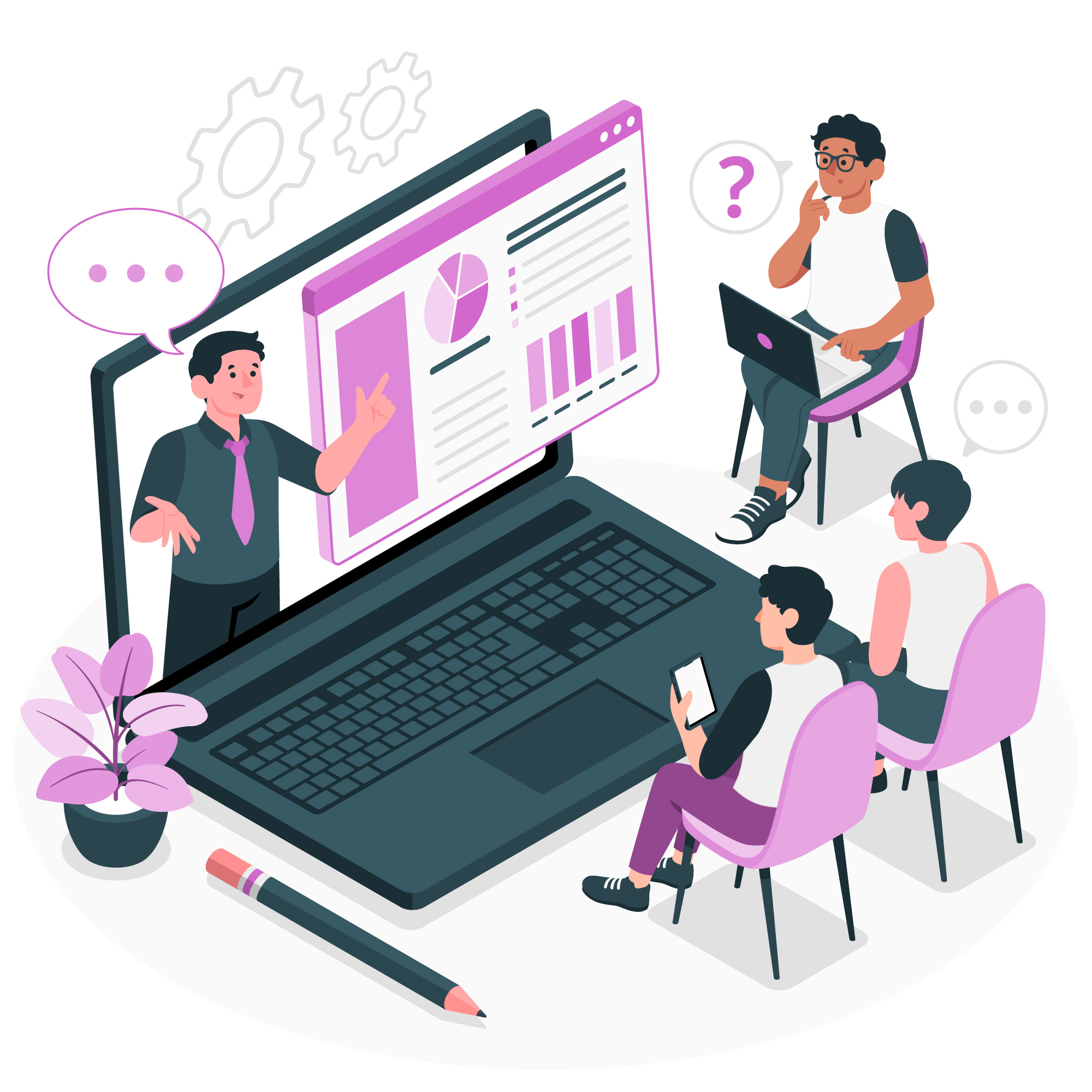Onboarding new employees is far more than a checklist—it's a strategic investment in building a productive, engaged, and safe workforce. For manufacturing companies, effective onboarding is crucial because it ensures new hires are well-versed in safety protocols, machinery operations, regulatory compliance, and operational procedures from day one.
Platforms like Calibr LMS make the onboarding process seamless by combining structured learning, interactive modules, and mobile accessibility. By leveraging an LMS for manufacturing, companies can accelerate employee readiness, reduce errors, and create a strong foundation for long-term growth.
Ready to transform your onboarding?

The Importance of Effective Onboarding in Manufacturing
Manufacturing environments are highly regulated and safety-critical. A new hire unfamiliar with operational procedures or machinery can pose significant risks to both themselves and the organization. Traditional onboarding methods—paperwork, in-person training, or inconsistent classroom sessions—often fall short in ensuring retention, compliance, and efficiency.
Research shows that organizations with structured onboarding programs experience 82% higher employee retention and 70% faster productivity ramp-up. For manufacturing, where operational efficiency and safety are paramount, the stakes are even higher.
By using an LMS for manufacturing, HR leaders can centralize all onboarding resources, track employee progress, and provide engaging, role-specific training that aligns with company standards. Platforms like Calibr offer these capabilities, making onboarding scalable and consistent across multiple locations and departments.
Common Onboarding Challenges in Manufacturing
Even with careful planning, HR teams face several challenges when onboarding manufacturing employees:
Lack of Standardization: Small businesses lack standardized onboarding programs, leading to inconsistent training and knowledge gaps.
Delayed Access to Resources: New hires often wait for manuals, equipment access, or system credentials, delaying productivity.
Information Overload: Employees overwhelmed with manuals and policies struggle to retain critical details.
Safety Compliance Gaps: Incomplete safety training can result in workplace accidents or regulatory violations.
Remote Onboarding Difficulties: 50% of remote employees feel disconnected from company culture during onboarding (Deloitte).
An LMS for manufacturing, like Calibr, mitigates these challenges with centralized content, structured learning paths, automated notifications, and mobile access.
Key Features of an LMS for Employee Onboarding
Ready-to-Use Templates
A good LMS for employee onboarding offers pre-built, customizable templates for manufacturing roles — from safety procedures to machinery operations and compliance standards. Platforms like Calibr simplify this process, allowing HR teams to launch structured onboarding programs quickly without starting from scratch.Mobile Accessibility
Since many manufacturing employees work on shop floors with limited desk access, a mobile-friendly LMS like Calibr ensures learning isn’t restricted to office hours. Employees can access onboarding courses on their smartphones or tablets anytime, improving engagement and completion rates.Seamless HRMS Integration
Integrating an LMS with existing HR systems enables automatic syncing of employee data, certifications, and performance records. This reduces manual work and ensures accurate reporting — something many platforms support efficiently within manufacturing environments.Customizable Role-Based Modules
Each manufacturing role requires specific technical knowledge and compliance training. An effective LMS llike Calibr lets HR teams create role-based learning paths, ensuring that every new hire receives training tailored to their function and responsibilities.Automated Notifications
Automated reminders help keep onboarding on track. Employees receive alerts for course deadlines, certification renewals, or new training updates — minimizing compliance gaps and ensuring no critical step is missed.Progress Tracking and Reporting
Modern LMS platforms provide real-time dashboards for tracking learning progress, completion rates, and skill gaps. This allows managers to ensure employees are job-ready before handling equipment or critical operations.
For example, Calibr’s analytics tools offer insights that help HR teams refine onboarding strategies and boost overall workforce readiness.

Best Practices for Manufacturing Onboarding with an LMS
Implementing a structured LMS-based onboarding program like Calibr is critical for manufacturing companies to ensure employees not only learn efficiently but also apply their skills safely on the shop floor. By following key manufacturing onboarding best practices, organizations can reduce errors, improve compliance, and accelerate productivity.
Segmented Learning: Breaking onboarding content into smaller, manageable modules prevents new hires from feeling overwhelmed. For example, operators can start with basic machinery safety modules before progressing to advanced operational procedures. Platforms like Calibr make it easy to design modular courses that employees can complete at their own pace, enhancing retention and confidence.
Blended Learning: Combining multiple formats such as instructional videos, manuals, interactive quizzes, and real-world simulations caters to different learning styles. For instance, a safety LMS module on emergency equipment use can include a video demonstration, a quiz to reinforce knowledge, and a simulation for hands-on practice. This approach ensures employees fully understand both theory and practical applications.
Role-Specific Content: Not every employee requires the same training. By using platforms like Calibr, HR teams can deliver tailored content for operators, supervisors, engineers, and administrative staff. Role-specific training ensures that each employee gains the exact skills they need, boosting productivity while avoiding unnecessary training that may slow onboarding.
Continuous Feedback: Gathering feedback from new hires helps organizations identify gaps in training content or delivery methods. Calibr’s LMS allows for in-course surveys and assessments, enabling HR to continuously refine onboarding programs. Feedback loops also encourage engagement, making employees feel their learning experience is valued.
Ongoing Learning: Onboarding should not stop after the first few weeks. Extending training beyond initial onboarding ensures continuous skill development and keeps employees updated with evolving manufacturing processes. For example, integrating LMS safety training using Calibr's content hub and refresher courses helps maintain compliance with OSHA, FDA, or EPA regulations while reinforcing best practices.
By adhering to these manufacturing onboarding best practices, companies can create a safer, more efficient workforce, reduce the risk of operational errors, and accelerate the time it takes for new hires to become fully productive.
Why Leading Manufacturing Companies Choose Calibr
Platforms like Calibr LMS have become the preferred solution for manufacturing onboarding because they combine flexibility, engagement, and compliance management in one comprehensive system.
Compliance Training: Calibr’s features allow organizations to automate certification tracking and ensure that employees are trained on all applicable industry regulations, including OSHA and EPA standards. Automated alerts remind employees to complete mandatory modules, reducing compliance risks.
Role-Based Learning Paths: Whether it’s machine operators, maintenance engineers, or supervisors, Calibr LMS enables tailored learning paths so employees acquire skills relevant to their job functions. This ensures efficient training and prevents employees from being overwhelmed with unnecessary information.
Soft Skills Development: Modern manufacturing workplaces also require teamwork, communication, and leadership skills. Platforms like Calibr integrate soft skills training into onboarding, helping employees collaborate effectively from the start.
Product Training: New hires often need in-depth knowledge of machinery, tools, and company products. Calibr LMS provides multimedia resources—videos, manuals, and interactive simulations—to ensure employees understand the products they work with, which improves operational efficiency and quality control.
Gamification & Engagement: To make learning more engaging, Calibr’s gamification features include points, badges, and leaderboards. Employees are motivated to complete modules, reinforcing knowledge retention while fostering healthy competition and collaboration across teams.
By leveraging Calibr’s features, manufacturing companies can standardize onboarding, enhance employee engagement, maintain compliance, and ensure their workforce is fully prepared to contribute effectively from day one.
Benefits of Using an LMS for Manufacturing Onboarding
Boost Productivity: Structured learning paths help employees become confident and productive quickly.
Reduce Costs: Reusable online courses lower training expenses compared to repetitive classroom sessions.
Lighten HR Load: Automation reduces administrative work, letting HR focus on employee engagement.
Enhance Retention: A positive onboarding experience improves employee retention (Gallup).
Standardize Training: Ensure consistent procedures and safety standards across all locations.
Bringing it all together
Onboarding in the manufacturing industry goes far beyond introducing new hires to company policies or job descriptions. It’s the foundation for building a safe, skilled, and confident workforce — one that can operate complex machinery, follow compliance standards, and contribute to productivity from day one.
In manufacturing, ineffective onboarding can lead to costly errors, safety incidents, and inconsistent performance. That’s why structured, technology-driven onboarding has become a strategic priority for HR and L&D leaders. A strong LMS for manufacturing ensures that every employee — whether on the production floor or in quality control — receives consistent, role-based, and hands-on training tailored to their job needs.
Platforms like Calibr LMS make this possible by offering tools that blend interactive learning, real-time tracking, and compliance automation. With features like mobile access, customizable modules, and automated reminders, organizations can deliver an onboarding experience that’s not only efficient but also engaging and scalable across multiple locations.
Investing in a learning platform doesn’t just shorten the onboarding cycle — it creates a culture of continuous learning and safety awareness, helping companies strengthen compliance, improve retention, and drive long-term operational growth.
Ready to transform your manufacturing onboarding experience?


